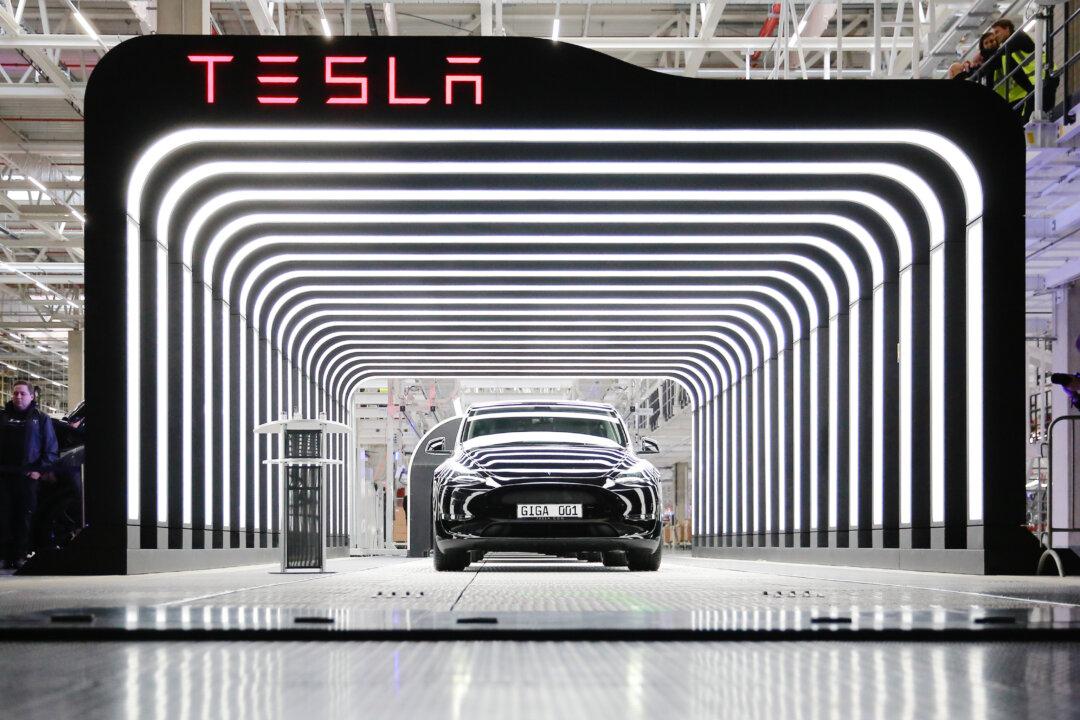An expansion of the Tesla Motors plant in Germany has been delayed indefinitely, according to reports from broadcaster, Rundfunk Berlin-Brandenburg (rbb).
A meeting to vote on the electric vehicle plant in Grünheide, Brandenburg, near Berlin, has been delayed by the local mayor, Arne Christiani.





